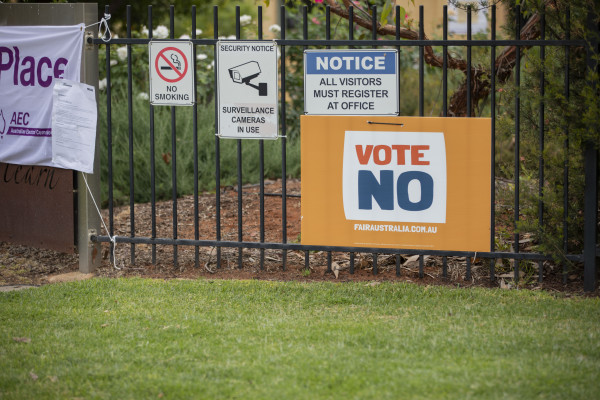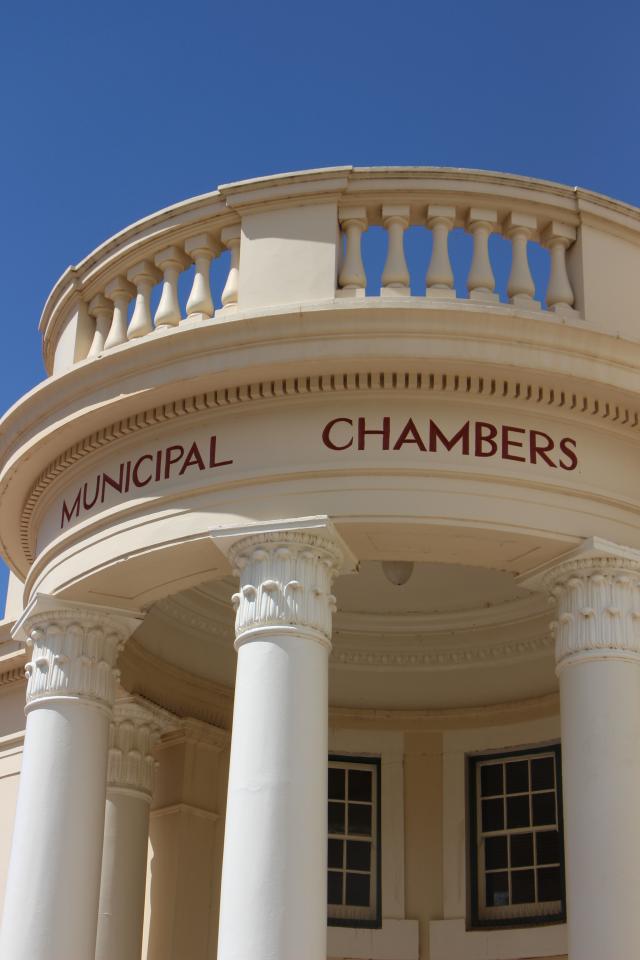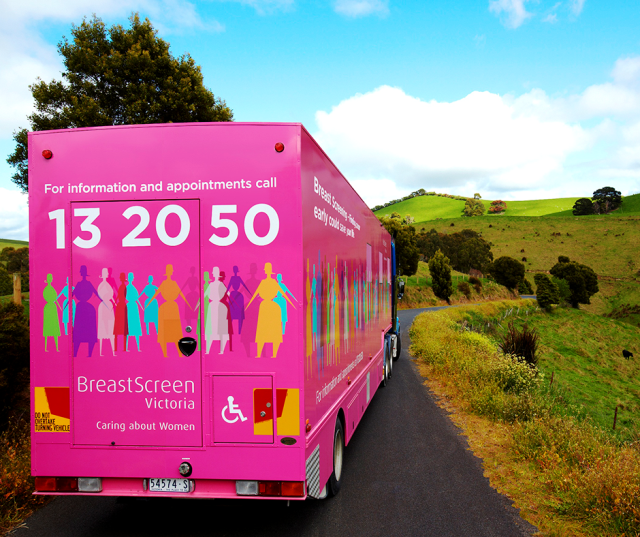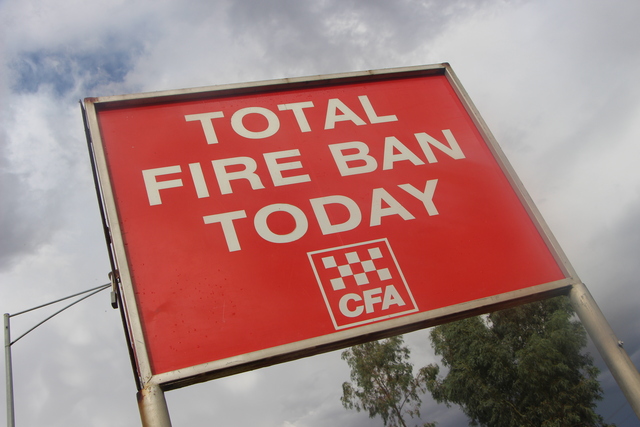GANNAWARRA area voters joined those around the nation to resoundingly reject an Indigenous Voice to parliament, amid concerns Saturday’s referendum has caused harm and “yes” campaigners have been “incredibly destructive”.
The Mallee electorate topped the “no” vote in Victoria with 79.2 per cent of more than 100,000 counted votes opposing the proposed change to the Constitution – among the top 10 regions Australia-wide.
At Gannawarra Shire polling booths, 84.5 per cent of ballots were for “no”.
Member for Mallee and “no” vote supporter Anne Webster said the choice of local voters had been definitive.
However, Dr Webster said the referendum had “unfortunately” become political and the concept of one nation for all would depend “on how the Prime Minister plays this going forward”.
“There has certainly been harm caused,” Dr Webster said.
“You listen to some of the Indigenous elite leaders of the yes campaign and I think the tone of what they are saying now is incredibly destructive.
“I don’t see any ill will in this ‘no’ vote at all – I want to see a more united Australia going forward, to lift our eyes to the horizon, to look at a better future for all in Australia regardless of race.”
“Yes” failed to get up in any state and the ACT was the only jurisdiction to support the move.
Dr Webster said it was “incredibly unfortunate” that “yes” campaigners and Prime Minister Anthony Albanese had mistakenly interpreted that people voted “no” for the same reason.
“People are going to have their own reasons for voting ‘no’,” she said.
“Talking with (Nationals colleague Jacinta Nampijinpa Price) and hearing her experience on the ground has absolutely clarified, obviously some time ago for the National Party, the view that we took to the referendum.
“I think the general view is that Australia wants to be one, we want to be all equal and not divided by race and that was our primary argument.
“But the referendum has been conclusive and we need to move forward now, we need to embrace how things can be done differently and better and we can get better outcomes.”
Dr Webster said there needed to be a “serious conversation” about rights and responsibilities to help find a way forward.
“Life is not free and it should never be without responsibility – people need to take responsibility for choices that they make,” she said.
“Yes, there are things that happen to every one of us that we don’t choose, but we do have a choice about how we respond and how we walk forward.
“We need to be able to do a full audit of where funding is going now, which programs are working, which ones are not and listen to people on the ground and hear what they have to say about those programs.
“Closing the gap is occurring across the nation in various ways, but there are particular sectors in our communities, our remote communities particularly, at a state level as well, where there is continuing disadvantage and vulnerability.
“There ought to be scrutiny about outcomes and if the outcomes are not occurring, then questions need to be asked and measures need to be put in place and potentially funding withdrawn – that’s how strongly I feel about it.”
Dr Webster said it was “one of my greatest disappointments” that ASX-listed companies and the likes of the AFL and NRL bought into one side of the “people’s vote”.
“They spent shareholders’ money and got it wrong and I hope they are held to account,” she said.







